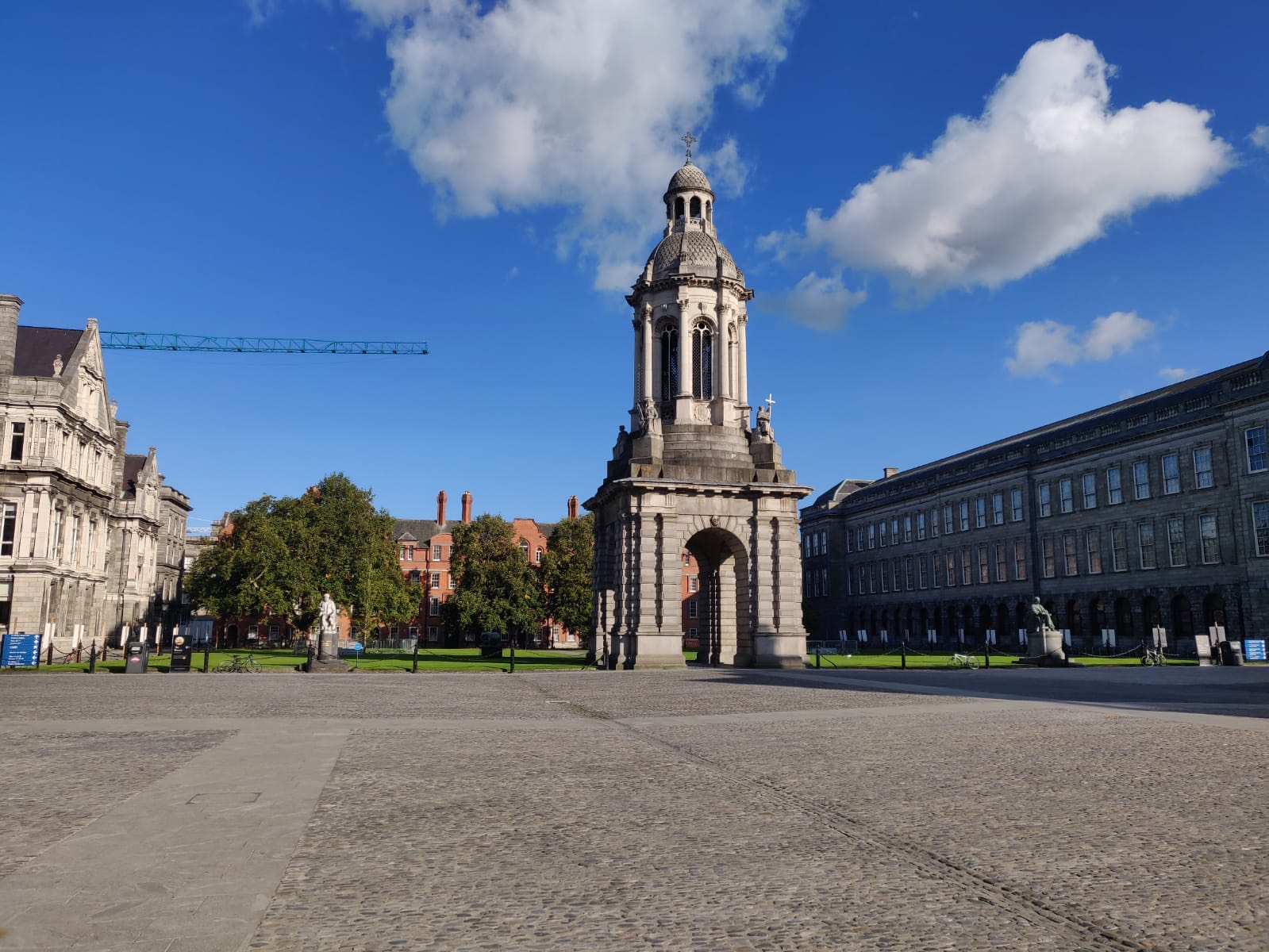The number of live animals Trinity purchased for research projects in 2019 fell significantly compared to the previous year, continuing a downwards trend.
According to figures released to Trinity News under the Freedom of Information Act 2014, College purchased 1,292 live animals for research between October 2018 and September 2019.
In comparison, there were more than 17,000 live animals purchased for research from the autumns of 2016 to 2018.
College has said that the fall in purchases may be due to a decrease in the number of projects which use live animals as part of their research.
Between October 2016 and September 2017, College purchased 10,678 live animals for use in research projects.
The figure dropped by nearly 40% the following year to 6,360 in the same period in the 2017/2018 academic year.
The purchase of 1,292 live animals between October 2018 and September 2019 represents a decrease of nearly 80% compared to the previous year.
Speaking to Trinity News, a spokesperson for College said that there “was a significant decrease in the numbers of animals purchased for use in experiments in that time period, which may have been due to fewer research projects using animals then”.
“Numbers typically fluctuate depending on the specific research projects taking place in any given time period,” the spokesperson said.
“Any and all studies using animals are conducted on the basis of well-defined scientific objectives, giving due consideration to the welfare of the animals, minimising the number of animals used and where possible using animal tissue or other replacements rather than live animals,” they said.
“Scientists in Trinity are required to demonstrate that there are no alternatives available before the ethical review process will permit the procedures.”
Several of Trinity’s research projects involving the use of animals relate to investigations into human diseases, particularly around genetic disorders and the immune system.
One project that involves the use of animals is investigating the cause of Alzheimer’s disease and age-related memory loss.
Others involve studies on the function of the immune system and autoimmune disorders such as arthritis and multiple sclerosis, and studies on genetics, diseases and gene therapies to prevent the progression of genetic diseases.
The figures on the purchase of live animals are collected on an annual basis between October and September, and collated in a record in the following months.
In a statement alongside the figures for 2019, Director of Comparative Medicine Dr Jose Sanchez-Morgado said that animals purchased are cared for under the supervision of a veterinary surgeon who is assisted by trained technical staff.
“Any research carried out on the animals requires the prior licensing of the person and the project by the Health Products Regulatory Authority,” he said.
“All licence applications are ethically reviewed by the Animal Research Committee of the College prior to being submitted to the Health Products Regulatory Authority.”
Speaking Trinity News, a spokesperson for the Irish Anti-Vivisection Society (IAVS) said that “on the face of it, the most recent figures for Trinity’s animal purchasing appears to be a very welcome step in the right direction”.
“But, of course, there will always be more to be done while ever any animal is being made to suffer,” the spokesperson said.
“Also, it is important that such reductions are maintained. We hope that this reduction in animals being harmed at Trinity is part of an genuine strategy of animal harm reduction, and not simply a one-off blip before they go back to business-as-usual.”
Between 2017 and 2018, Irish universities purchased over 46,000 live animals for research use, with Trinity and University College Cork (UCC) far surpassing the national average.
University College Cork (UCC) purchased 22,946 live animals in total in 2017 and 2018 for use in research.
The National University of Ireland, Galway (NUI Galway) purchased 5,101, while Dublin City University (DCU) and Maynooth University purchased 936 and 262 in the two-year period respectively. University of Limerick (UL) did not purchase any live animals for use in research during the same time period.
University College Dublin (UCD) spent €107,000 on the purchase of live animals for research between October 2016 and October 2018.






